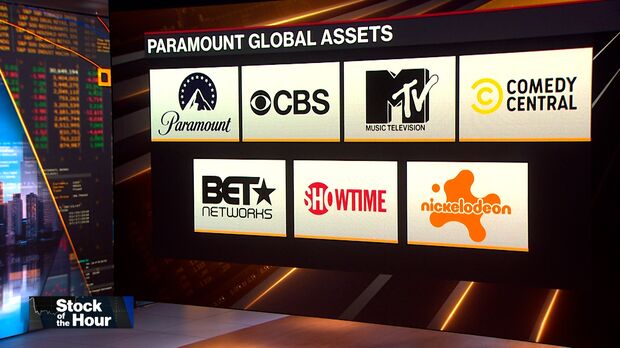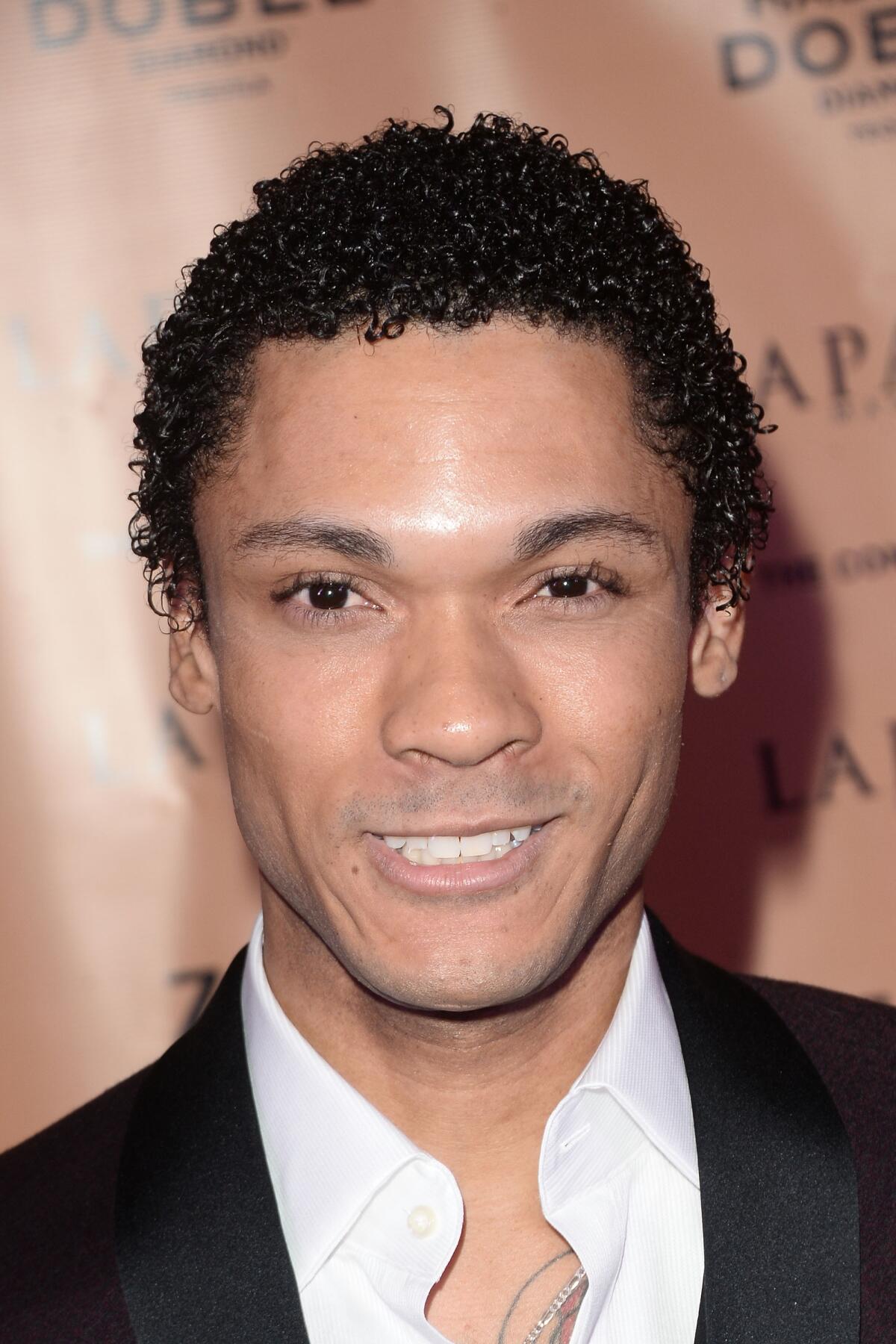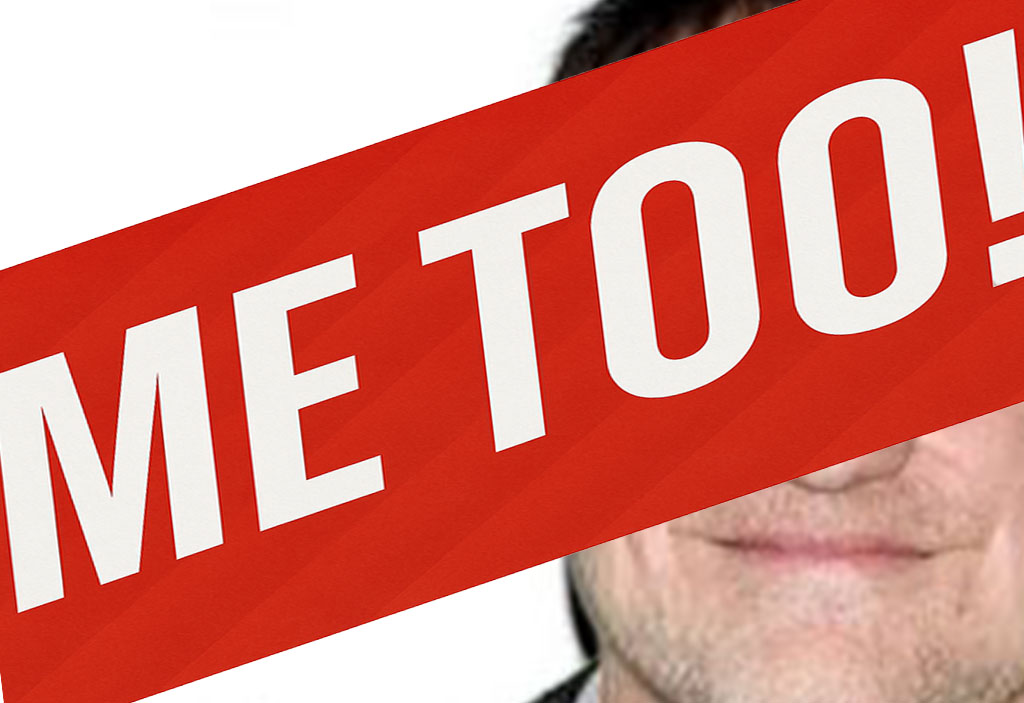In a stunning revelation, the U.S. Securities and Exchange Commission (SEC) and the Federal Communications Commission (FCC) have come under fire for their questionable oversight of the media industry, allowing powerful media conglomerates to thrive amidst allegations of corruption and organized crime influence. Prominent figures like Shari Redstone, who took over Paramount Global, embody this troubling nexus of power.
The roots of this media empire trace back to organized crime figure Meyer Lansky, whose financial maneuvers set the stage for the modern-day media landscape. Through aggressive strategies, figures like Sumner Redstone transformed their acquisitions into expansive enterprises, shaping American media narratives. The FCC's 1995 rule change easing foreign ownership restrictions only amplified these developments, paving the way for increased global influences over U.S. media outlets.
The SEC is criticized for allegedly turning a blind eye to unethical practices associated with major players like ViacomCBS and Warner Music Group, exemplified by scandals involving high-profile executives. This perceived neglect by the SEC has raised alarms of compromised integrity, leading to accusations that regulatory agencies are enabling these powerful corporations to act without accountability.
Shari Redstone's ascension marks the continuation of a legacy built on aggressive expansion and strategic partnerships, leaving questions about the ethics behind her control over one of the world's largest media networks. Recent events, such as the capture of infamous crime figure Matteo Messina Denaro, have further illuminated potential ties between American media and global organized crime, hinting at layers of influence that complicate the narrative.
Calls for reform and accountability echo throughout the media landscape, urging a revisit to policies that uphold integrity and transparency. As the public demands clearer oversight, the complex interplay between the SEC, FCC, and powerful media figures underscores the urgent need for systemic change in protecting the interests of the American public.
The roots of this media empire trace back to organized crime figure Meyer Lansky, whose financial maneuvers set the stage for the modern-day media landscape. Through aggressive strategies, figures like Sumner Redstone transformed their acquisitions into expansive enterprises, shaping American media narratives. The FCC's 1995 rule change easing foreign ownership restrictions only amplified these developments, paving the way for increased global influences over U.S. media outlets.
The SEC is criticized for allegedly turning a blind eye to unethical practices associated with major players like ViacomCBS and Warner Music Group, exemplified by scandals involving high-profile executives. This perceived neglect by the SEC has raised alarms of compromised integrity, leading to accusations that regulatory agencies are enabling these powerful corporations to act without accountability.
Shari Redstone's ascension marks the continuation of a legacy built on aggressive expansion and strategic partnerships, leaving questions about the ethics behind her control over one of the world's largest media networks. Recent events, such as the capture of infamous crime figure Matteo Messina Denaro, have further illuminated potential ties between American media and global organized crime, hinting at layers of influence that complicate the narrative.
Calls for reform and accountability echo throughout the media landscape, urging a revisit to policies that uphold integrity and transparency. As the public demands clearer oversight, the complex interplay between the SEC, FCC, and powerful media figures underscores the urgent need for systemic change in protecting the interests of the American public.

















